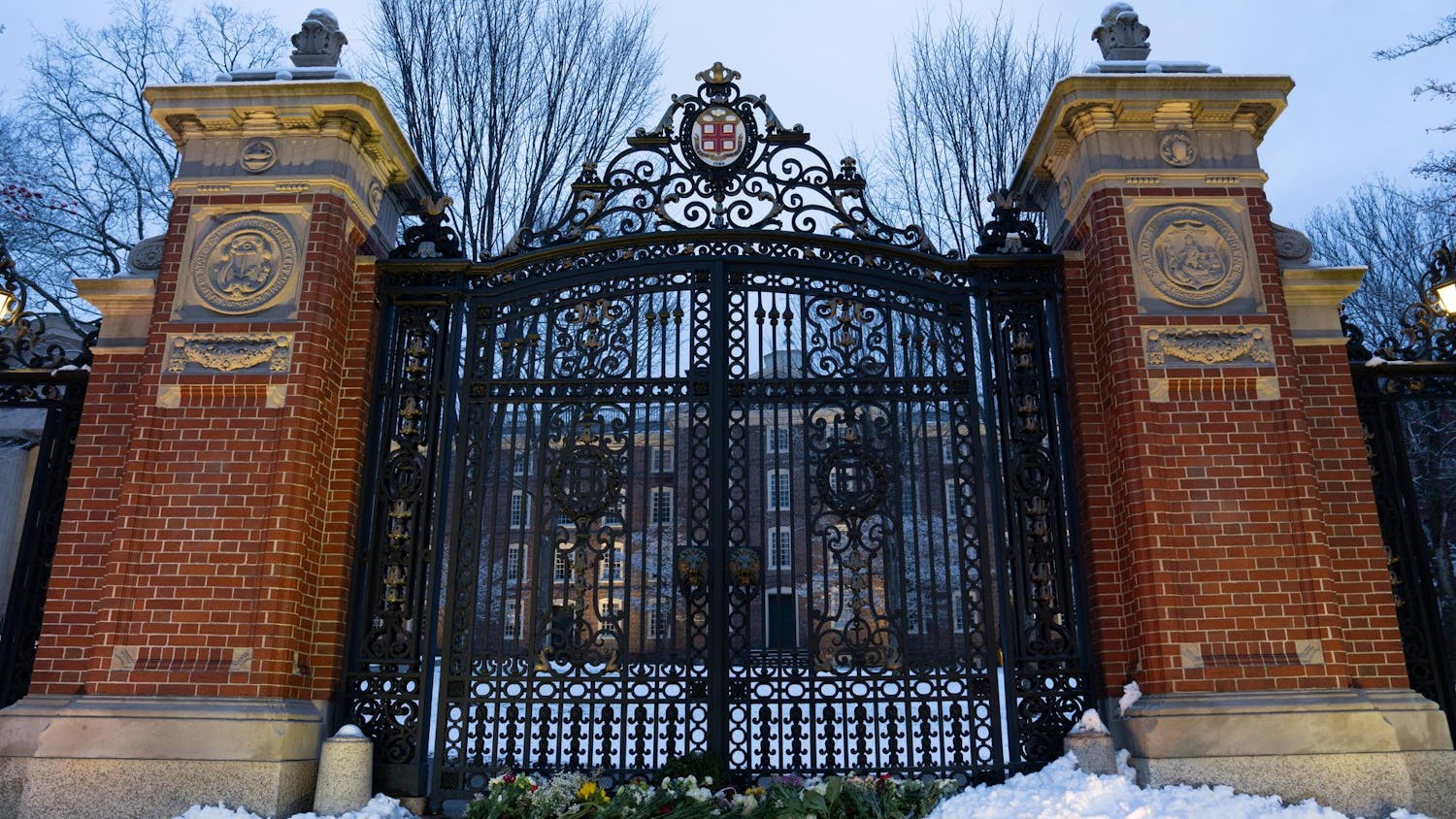Throughout the history of Latin America, writers have challenged notions of a white-dominated literary canon by leaving an undeniable mark on literature in their home countries and across the world. Take Gabriel García Márquez, for example, who “deeply influenced” the British-Indian Salman Rushdie, or Jorge Luis Borges, who has been regarded as one of the most influential writers of the 20th century.
But beyond the household names of García Márquez and Borges, a deeper diversity and richness of Latin American literature remains widely underappreciated. Reflecting more earnestly on the role Latin American writers and creatives have played in shaping modern literature contributes greatly to conversations about world literature and sociocultural change across the region at large.
Creating a Latin American literary tradition
Literature has historically allowed Latin American nations to “imagine themselves as national communities,” while also providing “ways in which they resisted or reacted to nationalizing tools by the state,” said Associate Professor of Hispanic Studies Felipe Martínez-Pinzón. Different works of Latin American literature draw from written archives, oral histories and Indigenous and diasporic stories, he added, forming a more fluid form of history.
“There’s a long history in Latin America of literary and political culture being quite close in the sense that a lot of literary writers are also political figures,” said Associate Professor of Comparative Literature and Hispanic Studies Esther Whitfield, citing the well-known Peruvian novelist and politician Mario Vargas Llosa as an example.
“Most Latin American countries became independent beginning in the early 1800s, and that's the time when a literary culture started developing as well,” Whitfield added. “The sense of an independent literary culture really went hand in hand with the sense of an independent political culture too.”
More recently, since the late 19th century, Latin American literature has also carved out a place for itself “separate from official circuits of politics,” said Associate Professor of Comparative Literature and Hispanic Studies Michelle Clayton, who focuses primarily on the literature from this period.
Conversations around the world
In writing, Borges was often concerned with how Argentine writers relate to the world, Clayton said. In his lecture “The Argentine Writer and Tradition,” Borges famously dismissed the idea that Argentine literature should be confined to “Argentine traits and Argentine local color,” instead believing that “the writer is in conversation with all times and with all spaces,” Clayton explained.
More contemporary Latin American writers have similar considerations about “what writing could do to process the history of their country, the history of the continent, the region more broadly, and the history of a relationship to Europe and to the world,” Clayton said.
Latin America is a broad region, and conversations about Latin America as a singular entity can overlook regional diversity in literary tradition. Columbian literature is informed by its unique geographic position in the continent — for example, it has connections to the Caribbean, the Andes and the Pacific Coast as well as the Amazon, said Martínez-Pinzón, whose work research focuses on Columbia.
It would be similarly reductive to separate Latin America from global literary influences, Clayton said. “Sometimes the relationship with the world was a kind of insistence on the freedom to imitate or engage in conversation with writing that was coming from elsewhere.”
The 1950s and 60s saw the Latin American Boom, “where writers were experimenting with new forms to tell the histories of their country, to explore political issues, concerns, crises that are taking place within their national boundaries,” Clayton said, “but often involving a broader world and showing the entanglement of their local spaces with the planetary, with the global.”
Latin American literature is often associated with magical realism, and magical realism is primarily associated with Latin America. But although the narrative tradition was widely popularized by García Márquez, in some ways it roots from a critique of European surrealism, Clayton explained. One of the earliest writers of magic realism is the Cuban author Alejo Carpentier, who said that “in Europe the surrealist view which tries to defamiliarize and re-enchant the world is artificially produced, whereas in Latin America it’s natural,” she added.
Beyond western reality
Magical realism is a narrative tradition that “blurs the boundaries between the real and the not so real, and less in a fantastic way than in a very sort of seamless, naturalized way,” Whitfield said.
“It becomes a way of thinking about Latin American perception that is less driven by European rationalism than it is by something different on its own terms,” she added. It also took on different variations in other parts of the world that were in a “similar, post-colonial position,” she said.
The tradition has been widely contested and “seen as a way to not take Latin American history seriously,” Martínez-Pinzón said.
But magical realism has also been adapted into ways in which the nation-state can define itself, he added. Magical realist writers like García Márquez call into question what reality is, Martínez-Pinzón said, and where it is defined from. The Latin American reality that García Márquez depicts in his novels is no less real than a western reality, but it needs to be “analyzed” from Latin America, not from Europe, he added.
García Márquez famously asserted this himself: “it always amuses me that the biggest praise for my work comes for the imagination, while the truth is that there's not a single line in all my work that does not have a basis in reality,” he wrote.
Broadening the canon
Latin American literature continues to grow and evolve as a body of work, and in recent years, this has been facilitated by a “much greater openness in translation,” Clayton said, “much more Latin American literature is getting translated now, much more quickly.” Translators and publishing houses like Coffee House Press are dedicating themselves to the question of translation and are making space for Latin American literature within that, she added.
“The translations are not just excellent but very often accompanied by a reflection by the translator on the way that translation can bring works to a different audience,” she said. Clayton also cited an increase in student interest in ethical questions surrounding translation.
Reading literature helps us understand humanity at a different level, Whitfield said, and bringing that perspective into Hispanic Heritage month offers another way of thinking about these experiences.





